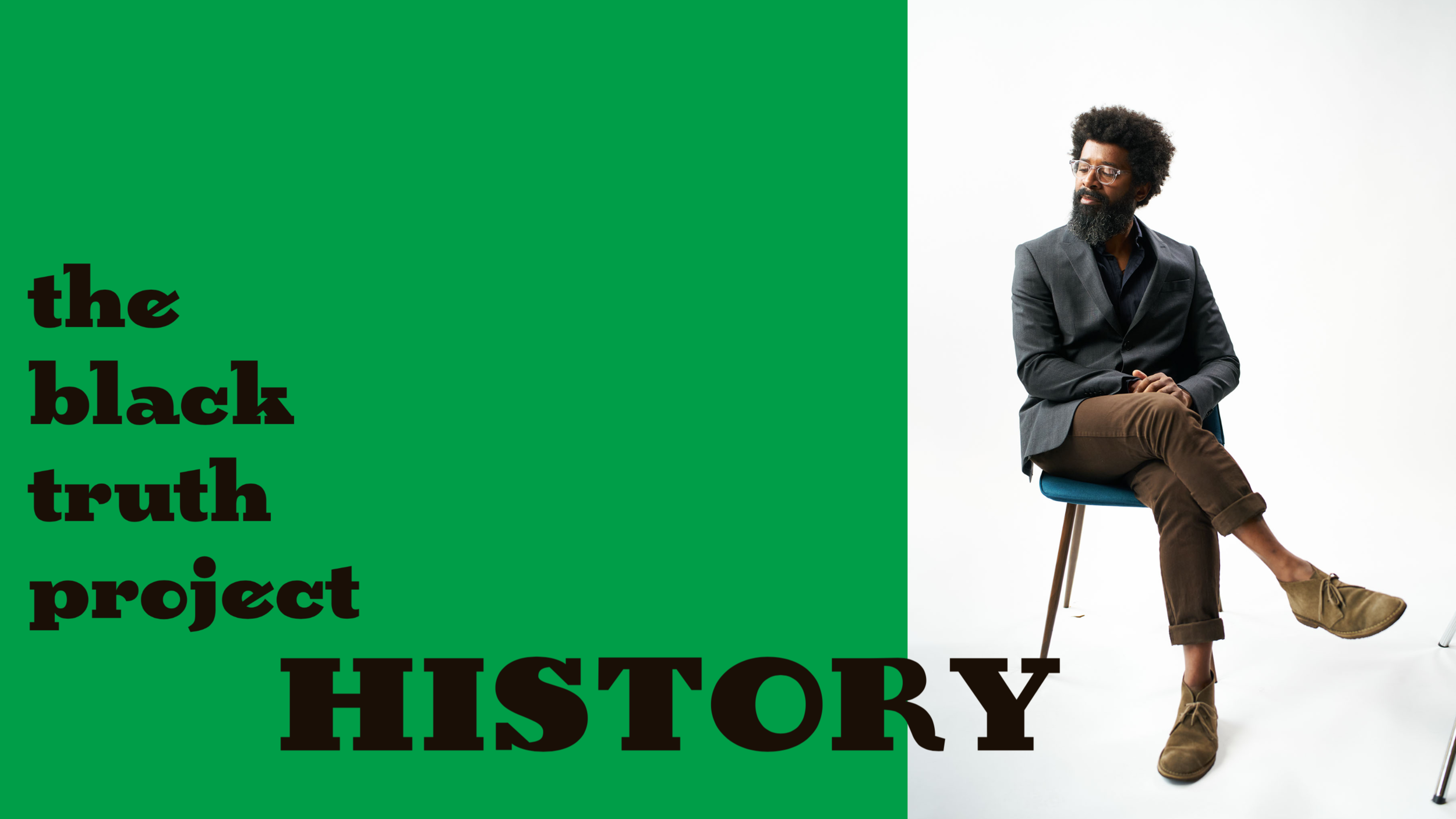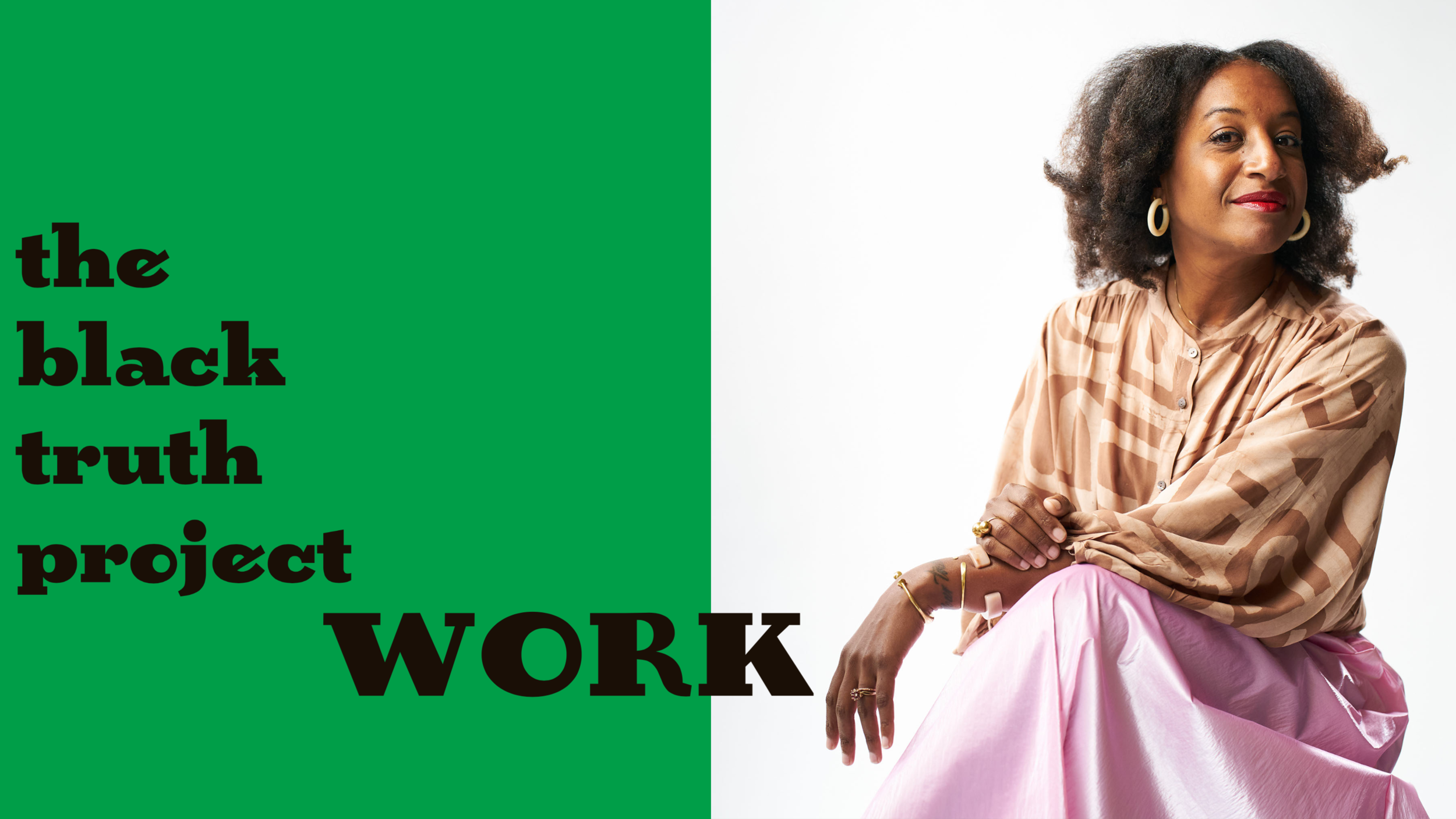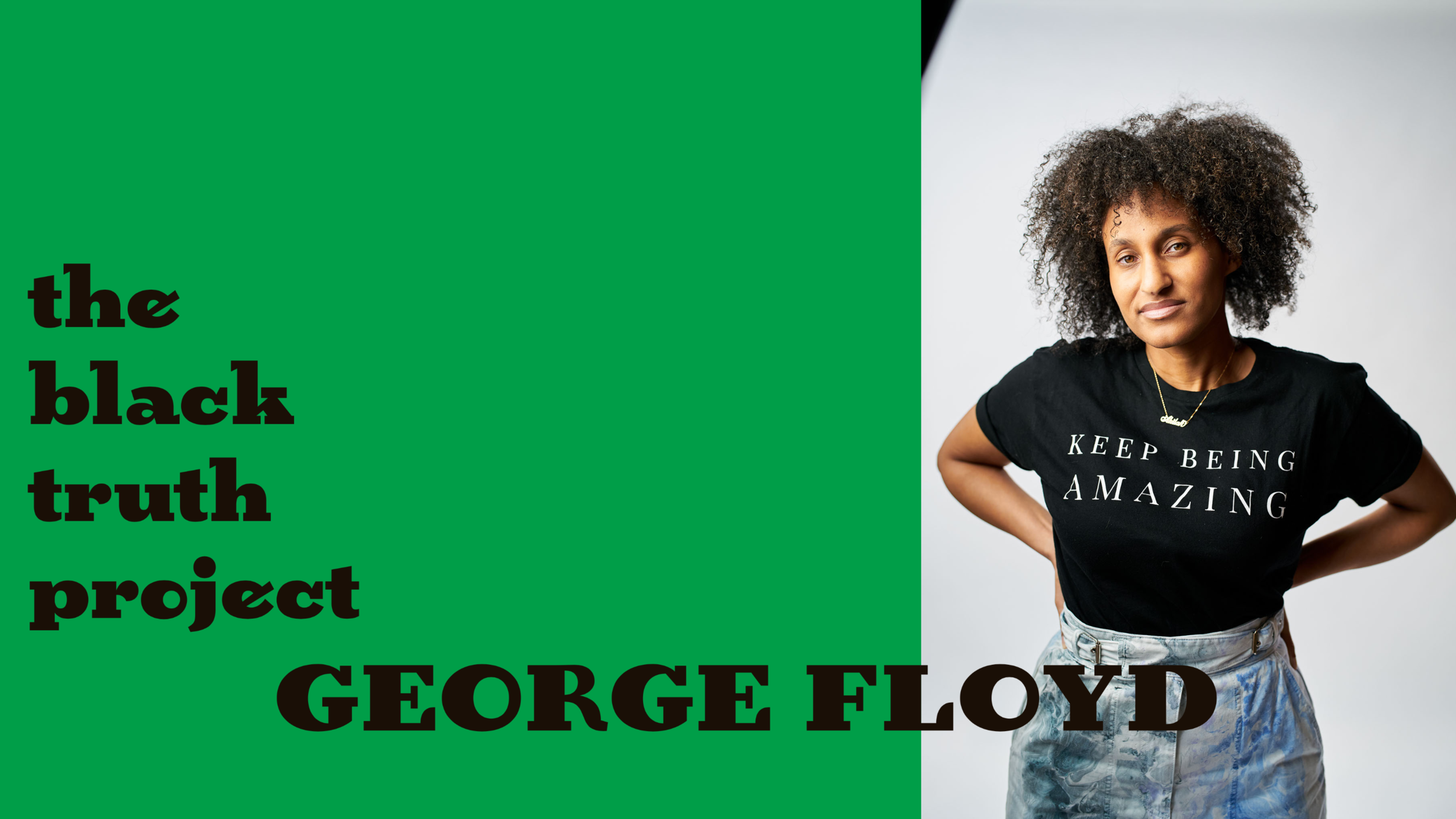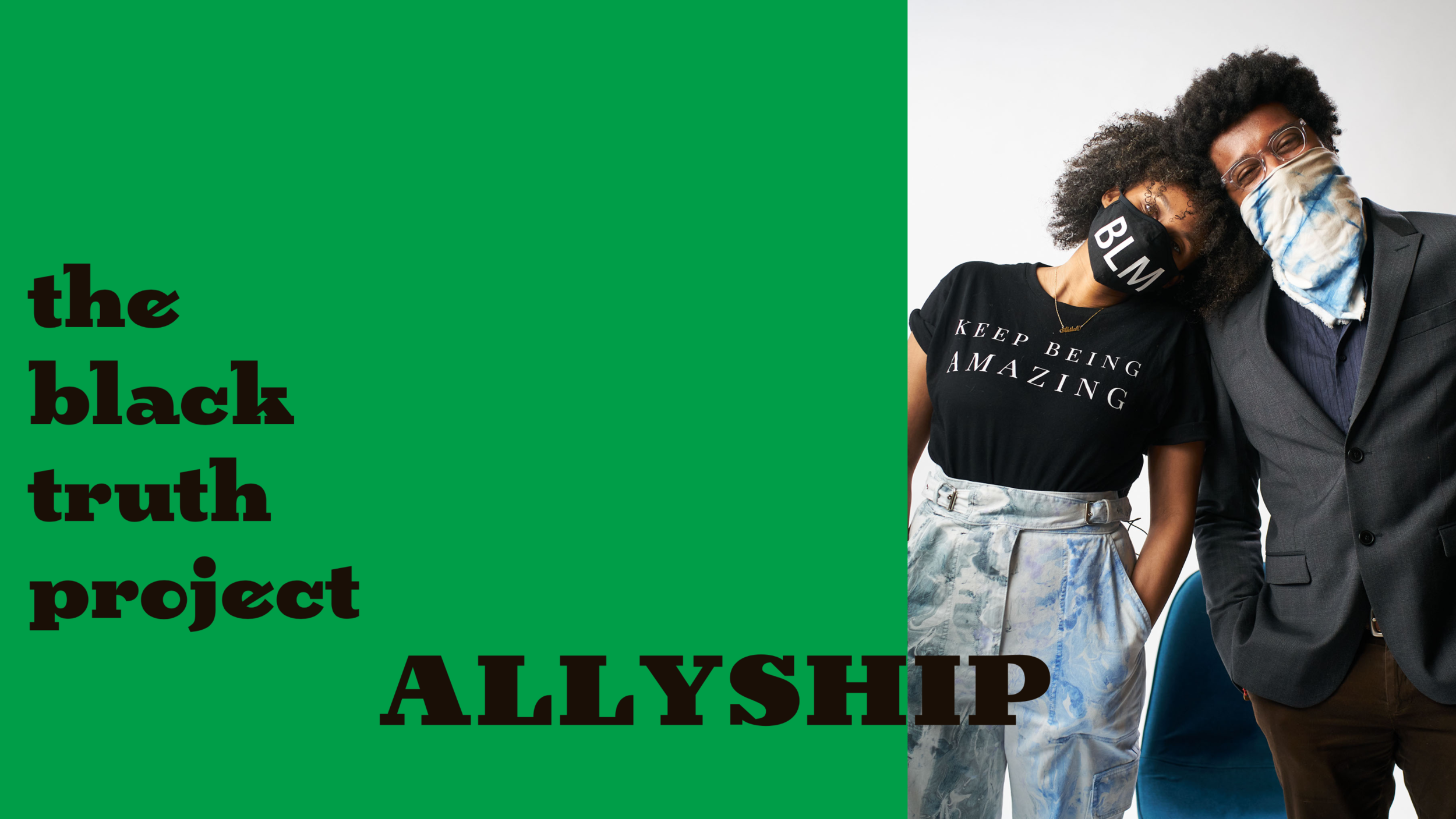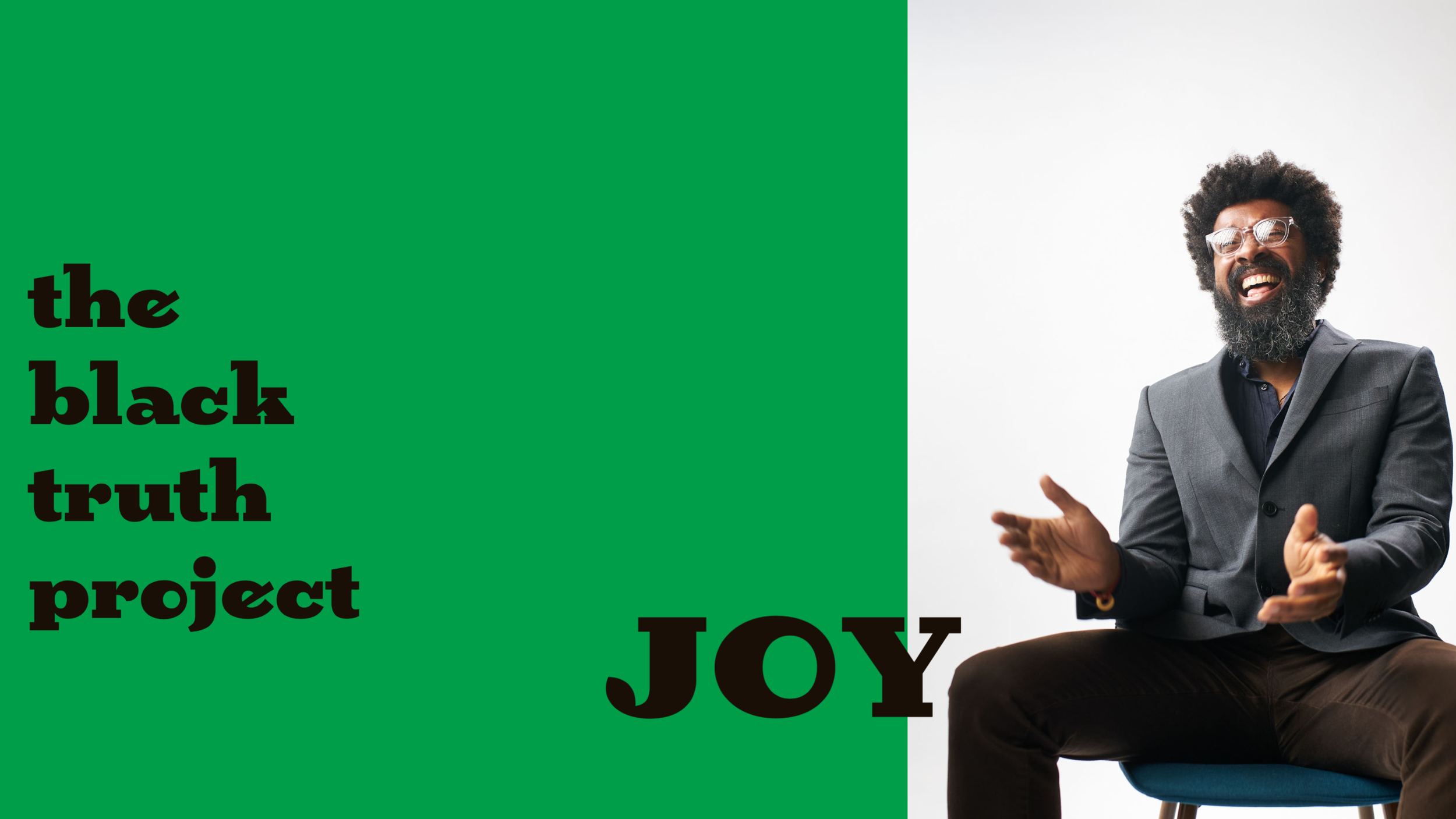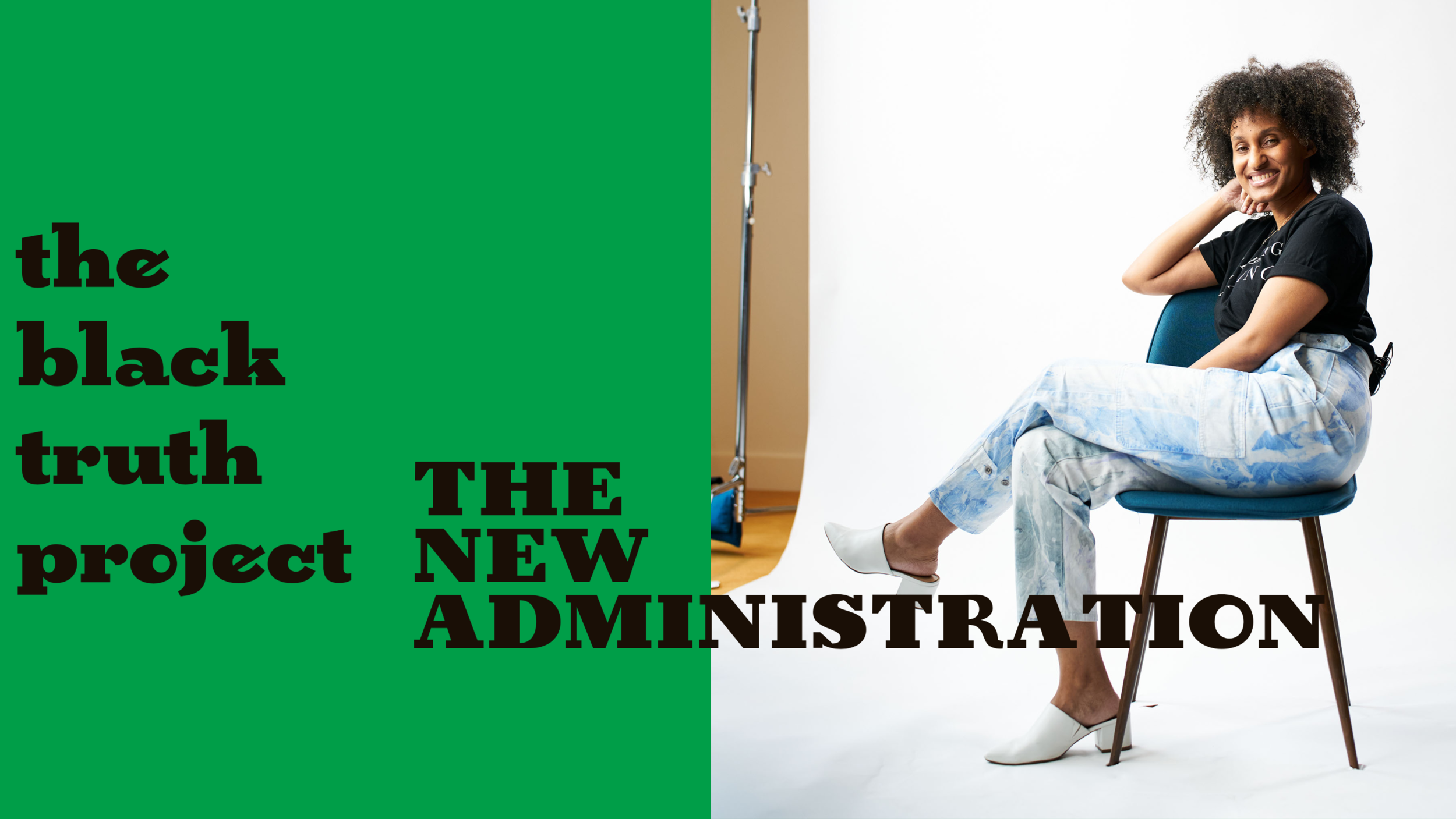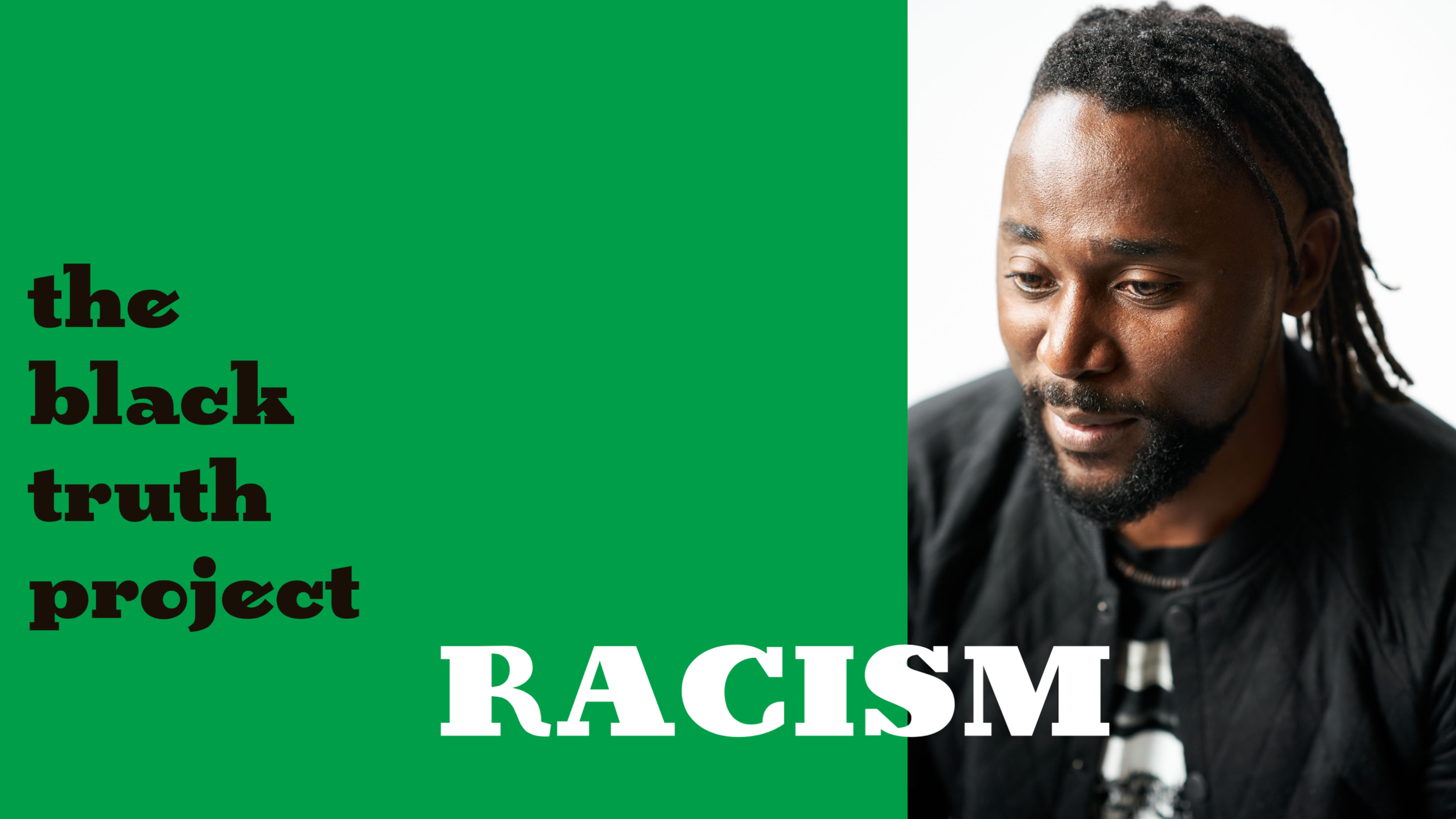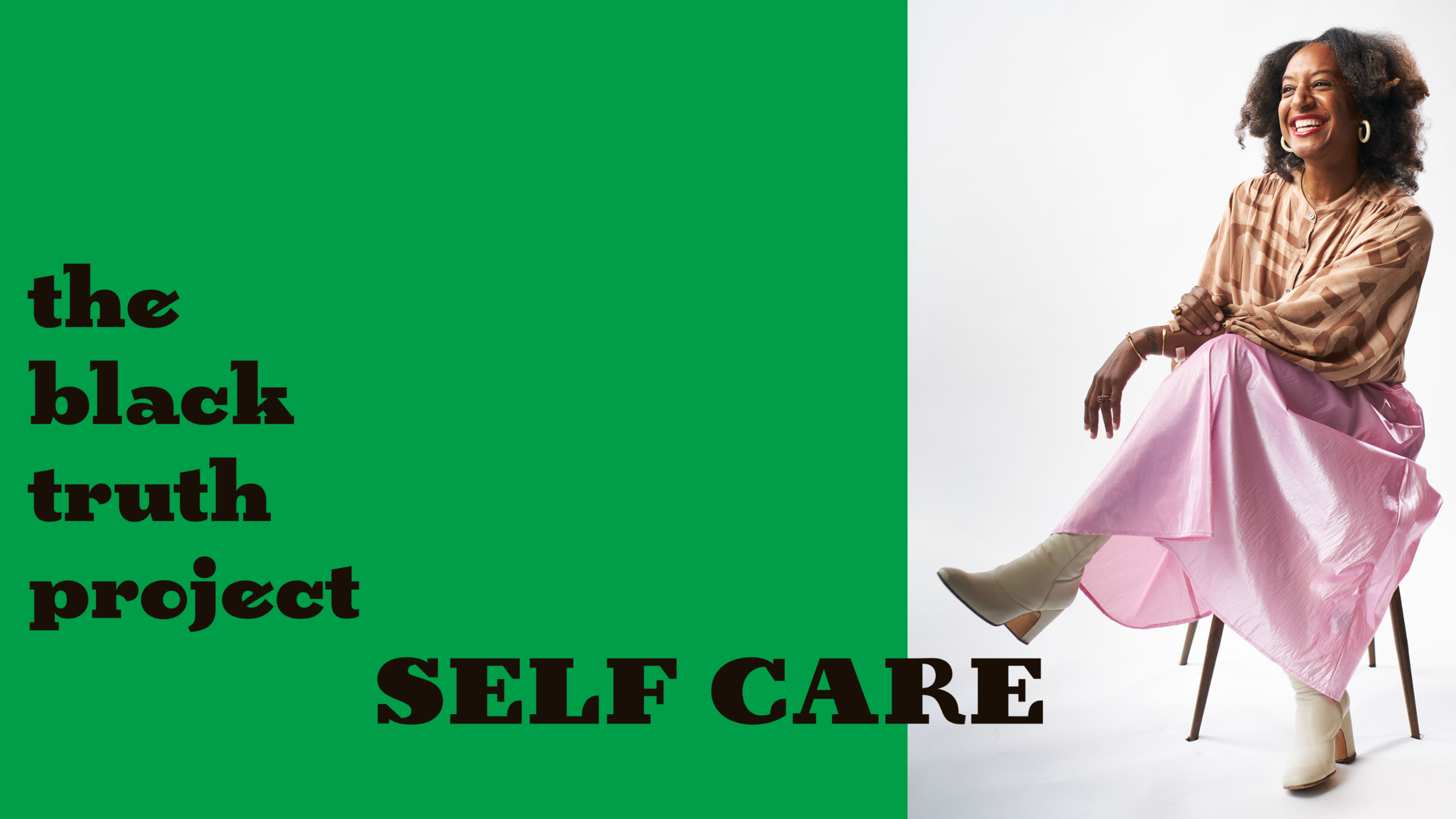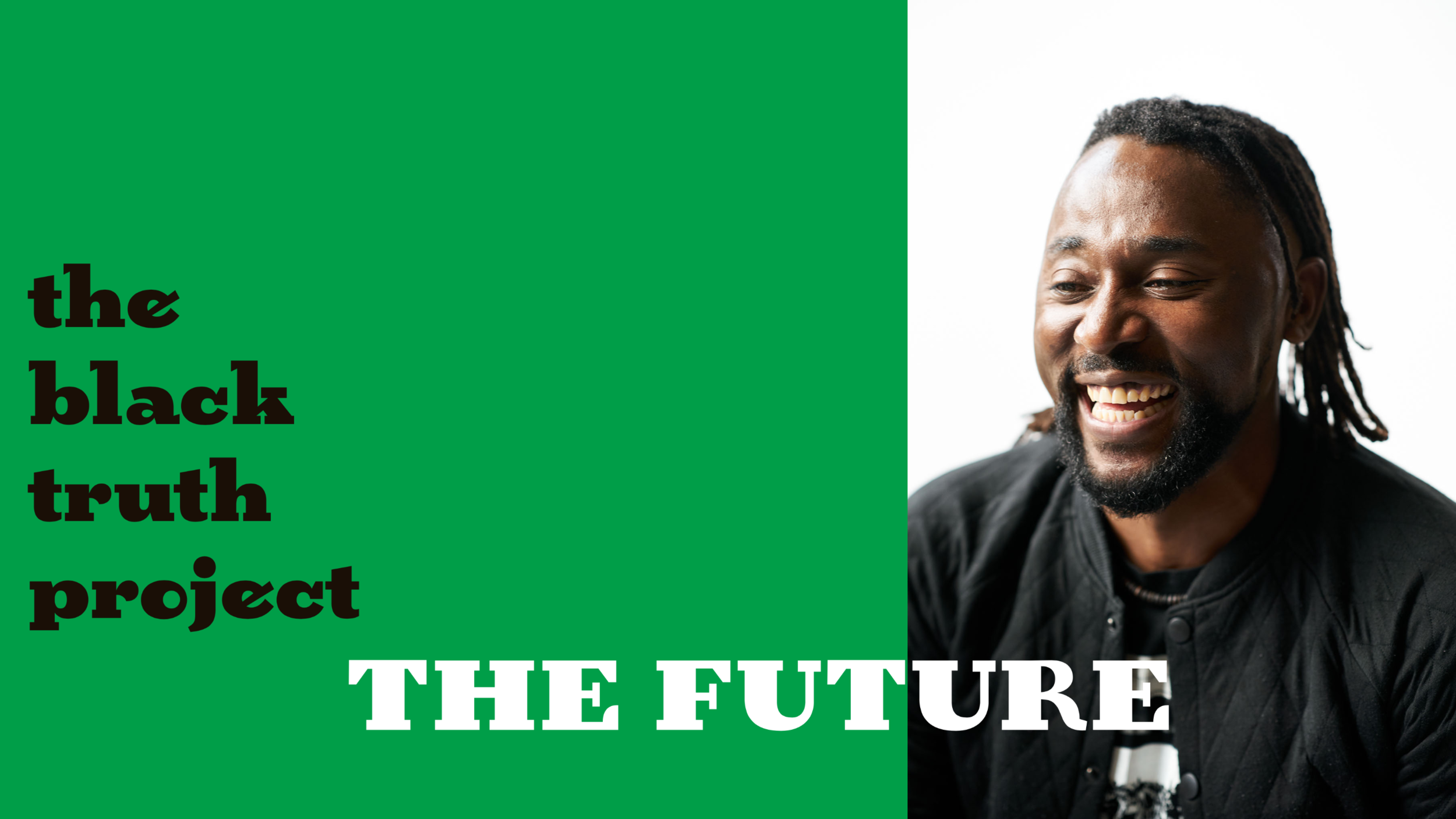
When advocacy is built in to everything you do—work, relationships, parenting—self-care isn’t an indulgence, it’s an act of survival. Our subjects reveal what keeps them sane and showing up every day—from trashy reality TV to shopping to sharing stories with others.
“Self-care for me looks like a few things: Very, very trashy TV shows. I’m talking Married at First Sight—any type of dating show—Real Housewives of insert-here. It’s a bit of escapism for me,” says Dr. Akilah Cadet. “And I’m a beautiful pet parent. I co-parent with my twin sister, so I’m connected with her, and connected with the dog. I like to shop at wonderful places like McMullen and buy things I don’t need, but give back into the Black community.”
“Everything I do is rooted in humor and sarcasm, even when I’m working with these big clients, because the weight of this work is very heavy and if I can find some joy in it, from making someone else laugh, laughing myself, that is also a form of self-care, too.”
-Dr. Akilah Cadet
But most importantly, even though she’s in the very serious business of dismantling white supremacy, she never loses her sense of humor. “Everything I do is rooted in humor and sarcasm, even when I’m working with these big clients, because the weight of this work is very heavy and if I can find some joy in it, from making someone else laugh, laughing myself, that is also a form of self-care, too.”
Watch dr. akilah cadet’s full Black Truth Video here.
For Peter Limata, decompressing looks like playing soccer and “just talking to people who I think will listen, who I think who will understand. That means maybe calling people back home, or talking to friends that I have made here in the U.S. where I can be like, ’This has happened…’’’ when he experiences discrimination or microaggressions. He says sometimes it helps “just to hear somebody say, ’Well, that has happened to me. Welcome to America.’”
“I don’t want to be the angry Black person when I’m out there. So there’s a lot of internalizing it and just dealing with it on my own and trying to be calm. I’ll listen to music, or do something that makes me happy.”
-Peter Limata
“I don’t want to be the angry Black person when I’m out there. So there’s a lot of internalizing it and just dealing with it on my own and trying to be calm. I’ll listen to music, or do something that makes me happy.”
Watch PETER LIMATA’s full Black Truth Video HERE.
Dr. Aisha Mays also leans heavily on others for support. “The things that keep me balanced are several things: First, remembering that I am standing on the shoulders of so many ancestors who have come before me, who have done this with a minuscule amount of resources and zero support. And if they can do it and can thrive, then I can do it because of them. So, holding that in my heart has been really powerful for me to be able to come back to during those times.”
“I cannot underscore the importance of community in us getting through this life as a Black person.”
-Dr. Aisha Mays
She continues, “The other thing is my community. I am really honored and blessed to have such a strong, Black professional community of physicians and other healers, but also artists and teachers, and just folks that I love. Being able to share my stories and struggles with them and to talk about the things that are going on professionally, and to hear some of their challenges and things that they have gone through and to learn from their experiences, to get advice from them. I cannot underscore the importance of community in us getting through this life as a Black person.”
Watch dr. aisha mays’ full Black Truth Video here.
As a competitive athlete, being strong and self-possessed can seem like a job requirement. “It’s hard to show emotions without showing some kind of, I guess you would say, weakness,” says Justin Gatlin.
It took losing a really big race—and losing his cool—for Justin to discover how being vulnerable is actually a necessary act of self-care. “I lost by one-hundredth of a second. And our coach came across the line…the way he looked at me was like, ’This was yours for the taking—you should have had this.’
“When I came across the line, I felt like I failed myself. And it took everything inside of me to hold all that emotion in as I had to do post interviews and press conferences and everything. And the moment that door closed in the car to take us back to the hotel after the championship, I cried like a baby for 15 minutes,” says Gatlin.
“I thought I was never going to tell that story,” Gatlin admits. “But obviously I’m telling you today and I’ve told so many young athletes, especially young male athletes, that same story, because I want them to understand it’s okay to cry, and to tell people that you do. It’s okay to be vulnerable and tell people that you feel vulnerable, because you don’t know if that person right there will be that shoulder, or give you the tissue, or protect you when you feel vulnerable. So you’ve got to put yourself out there.”
Watch justin gatlin’s full Black Truth Video, coming february 28.
KEEP READING.
After the past four years of in-your-face hate and blatant incompetence, it can be easy for those who don’t have battle of discrimination and white supremecy on a daily baisis to feel like the war has been won. But for many, it’s just another opportunity for injustices to go into hiding, and for allies to take their foot off the gas.




